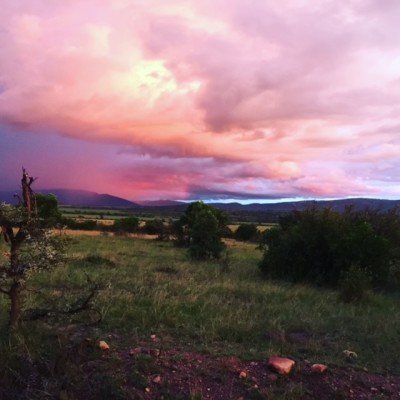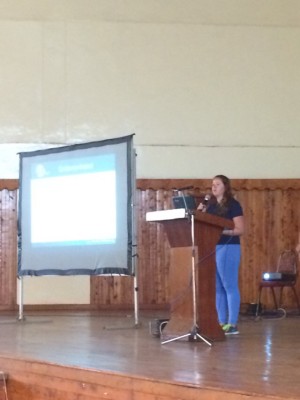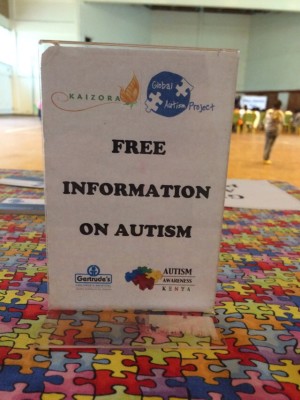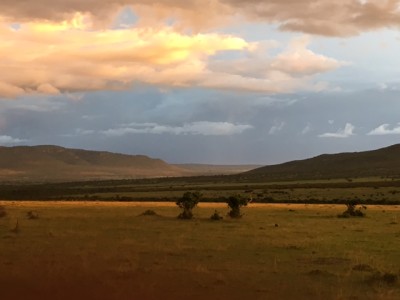Autism Knows No Borders
By: Allison Bickelman
For 2 ½ weeks in April 2016 I was in Kenya with the Global Autism Project working at a school for kids with autism. There is only 1 BCBA in all of east Africa (for comparison, there are 9 BCBA’s here at ABI alone), and therefore only one school that accepts kids with autism. In Kenya, resources, support, and services for kids and families with special needs are very limited, if not nonexistent. Families live in fear and stigma, as many people believe that autism is the work of the devil. Instead of most kids receiving early intensive services, as we specialize in here at ABI, the majority of kids don’t even receive a diagnosis until ages 7 or 8, typically after they have been kicked out of multiple schools. During my time at the school and at awareness events in Nairobi, I met parents who are not afraid to come forward and fight for their kids, no matter the cost.
The staff at the school is highly trained, as their clinical director is a BCBA and the Global Autism Project sends teams of BCBA’s and interventionist 3-4 times a year to train and check in on progress. We primarily focused on updating all of the kid’s mand programs and ensuring that all the kids had a means to communicate, whether that be vocally, with signs, or by using PECS. I also spent time training the new clinical supervisor on how to do assessments, update programs, and write behavior plans.
We participated in a huge awareness event in which we presented on evidence based practice (ABA currently being the only treatment for autism that is evidence based and backed by years of peer-reviewed research and outcome studies) and how parents can implement behavior analytic interventions with their children at home. The event and the presentations were well received and many parents came up to our booth to individually thank us for being there and supporting their kids.
We often wore shirts that said AUTISM on them, and in multiple locations, people stopped us on the street or in the marketplace to ask us what autism is and what we were doing. So many people had never heard the word; they said, “We don’t talk about that here.” Our mission was to not only spread awareness, but to teach acceptance. Being aware is just the beginning; you can know about a lot of things without accepting that they are true. Both here in the states and abroad in Kenya and all countries, we want to ensure that kids and adults with autism are accepting as equals in school, community, social, and workplace settings.
The Global Autism project partners with multiple ABA centers and schools around the world to train staff and parents and ensure that all kids have access to high quality, evidence based treatments, as well as to attempt to decrease the age of diagnosis and entrance into ABA programs. They currently have partners in Kenya, India, Indonesia, and the Dominican Republic, with more sites on the horizon. The work that they do is so critical and important; I always have been but now am even more passionate about spreading awareness and acceptance, and teaching the importance of early intervention behavior analytic services.
My time in Kenya taught me so many valuable life lessons about myself, other cultures and people, and about kids with autism. Working at the school showed me that regardless of location or ethnicity, kids are the same-they want to have fun, be loved, and they deserve to reach their full potential, and not be limited by the country they live in. I have a renewed passion and dedication to my work here at ABI, as I will serve my clients and their families with more love and understanding than ever before.
I also had the luxury of exploring Kenya as a tourist, and had amazing experiences at giraffe and elephant sanctuaries and on a 4 day safari on the Masai Mara, during which we came face to face with lions, cheetahs, giraffes, hippos, and elephants. This trip was truly the experience of a lifetime.






